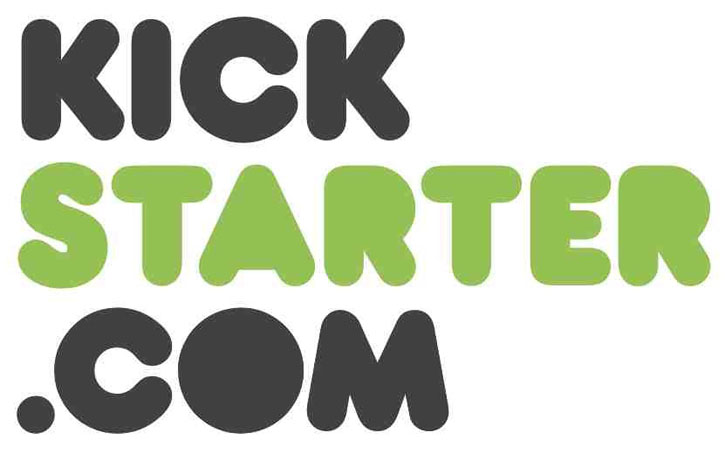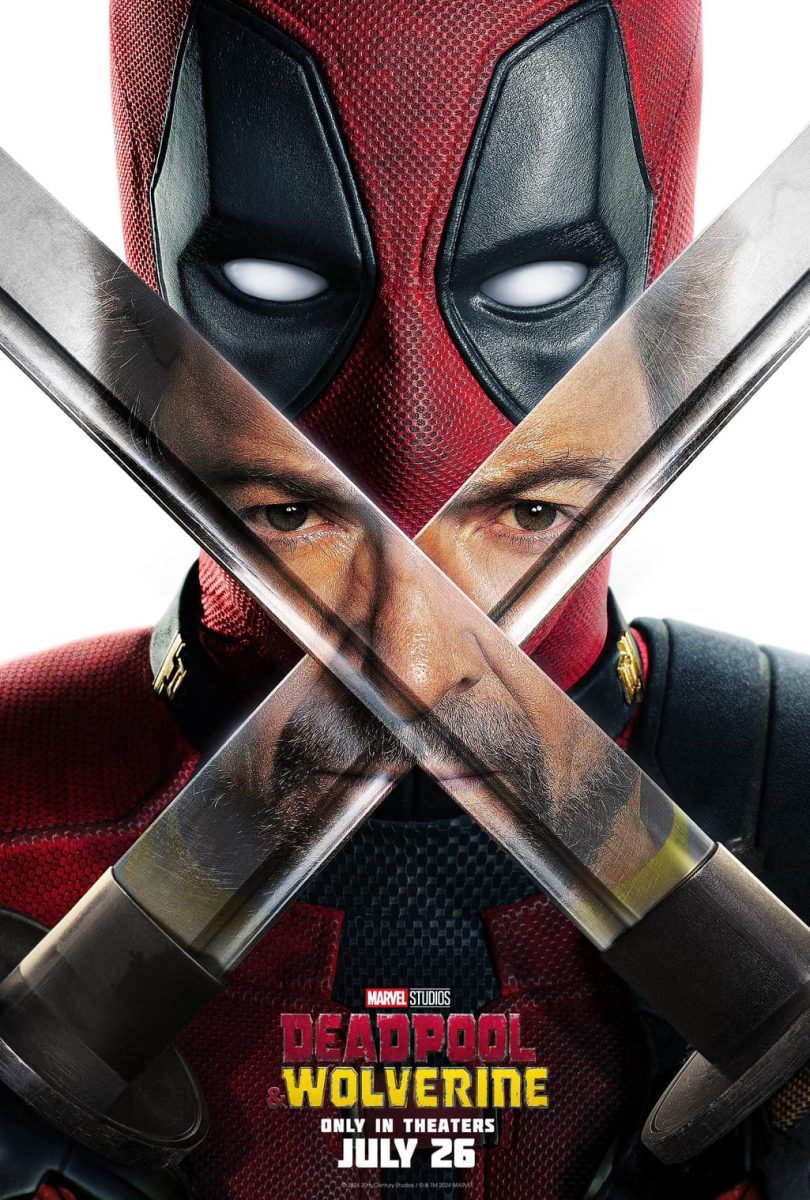Reaper Miniatures, Bones: $3.4 million.
Rich Burlew, Order of the Stick: $1.2 million.
Amanda Palmer, Theatre is Evil: $1.1 million.
Those numbers are the amounts raised in three Kickstarter campaigns.
With the exception of Reaper Miniatures, they’re not the most funded or even in the top five. They are, however, the most funded projects in Games, Music, and Comics, with Reaper the fourth most funded Kickstarter project overall. Three of the other top five are video games, including the open source, android based Ouya console, with the top funded being an E-paper, smart device linked watch called the Pebble, which according to Kickstarter, is the top funded project.
Kickstarter is a “crowd funding service.” An entrepreneur outlines a project, sets a monetary goal, and rewards pledges of money with various incentives.
Palmer raised 1,192 percent of her $100,000 goal. Reaper raised 11,430 percent of their $30,000 goal. The goals were reached within hours or days of beginning their campaigns through social networking, the endorsement of internet celebrities, constant connection to their pledgers and compelling pledge rewards – making use of the oddly small-town dynamic of the vast internet.
Palmer is a “punk cabaret” musician who reached 200 percent funding by the end of the first day. Pledge rewards for her Kickstarter ranged from a digital download of the album for $1, to massive parties with the singer and her band at the pledger’s own house for $10,000.
Reaper produces pieces for games such as Dungeons and Dragons, known as miniatures. Originally only pewter, they created a line of low cost, polymer miniatures. Rewards ranged from their thanks for $1, to massive rewards of 60 miniatures, to the chance to custom design a miniature and exclusive collectables. Reaper reached their goal within four days.
Many Kickstarters can attributable their success to the use of “stretch goals,” once the goal is reached, more rewards are revealed at milestone amounts, often adding onto existing pledge levels. Some supporters received an extra 184 miniatures at no extra cost, with an option for more. Rich Burlew’s Kickstarter funding the reprinting of collections of his webcomic also used this model. Stretch goals can serve to drive huge amounts of funding as seeing what the next stretch reward can be is as much a reward to the pledgers as the actual pledge rewards themselves, and people who weren’t interested at first might find the new rewards more intriguing.
Kickstarter’s original purpose was funding creative projects, not starting businesses. For this reason, and the sometimes restrictive nature of Kickstarter’s rules and fees, other crowd funding sites, such as Indiegogo have sprung up, offering a more even playing field, less oversight, and no requirement of success for funding – you get what you raise, whether you reach your goal or not – at the cost of number of pledge rewards.
Kickstarter campaigns are not without issues, however. Some entrepreneurs have found success beyond anything they could have imagined, leading to exceeding capacity of their printers and being left in limbo as they search for someone who can handle the demand, poor financial pre-planning, or even insufficient staff.
“We would have been more than happy to make a thousand watches,” Eric Migicovsky told Wired magazine regarding his Kickstarter for Pebble, with 85,000 watch pledge rewards still being produced after receiving funding on May 18.
More than that, Kickstarter projects only receive funds if they meet their goal, and they, along with Amazon, who handles the transactions, take their own small, but noticeable, cuts. Established companies, such as Troma Films, and Obsidian Entertainment, have also began to use Kickstarter, overshadowing small businesses and individuals with their ability to bigger rewards, which is now a useful platform for independent entrepreneurs now being roughly taken by established companies, to the detriment of the people who need it.
All numbers are from Kickstarter.







